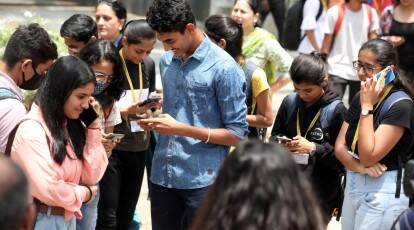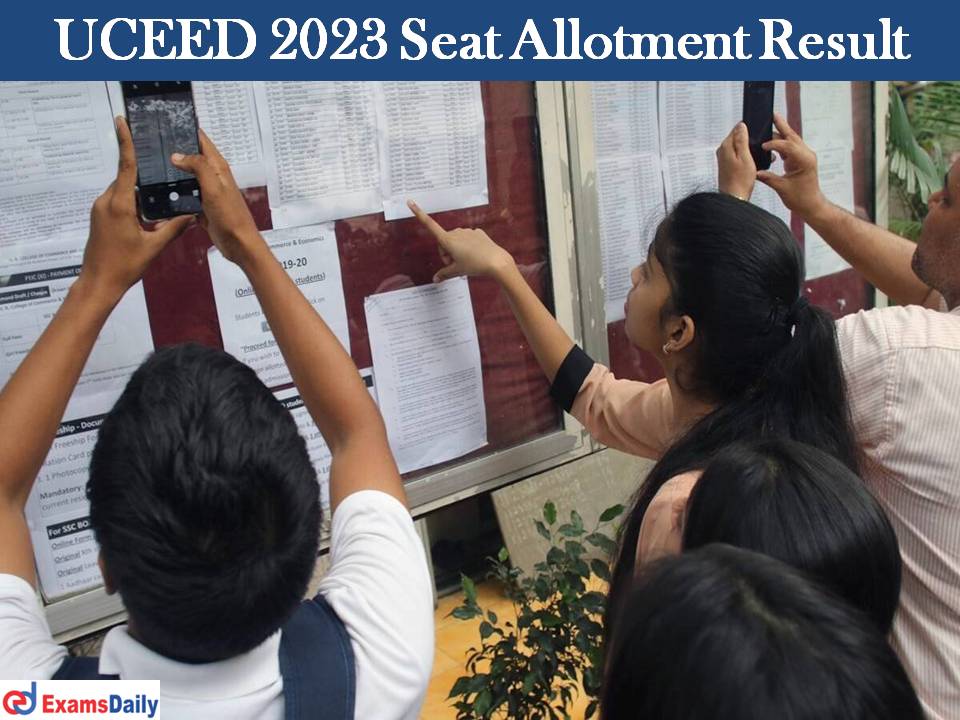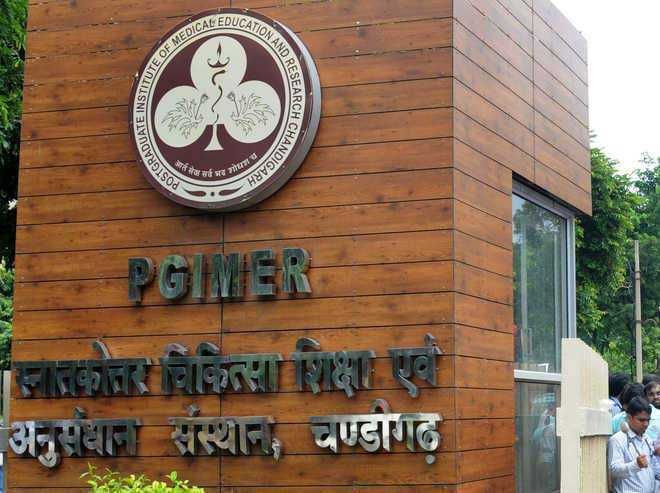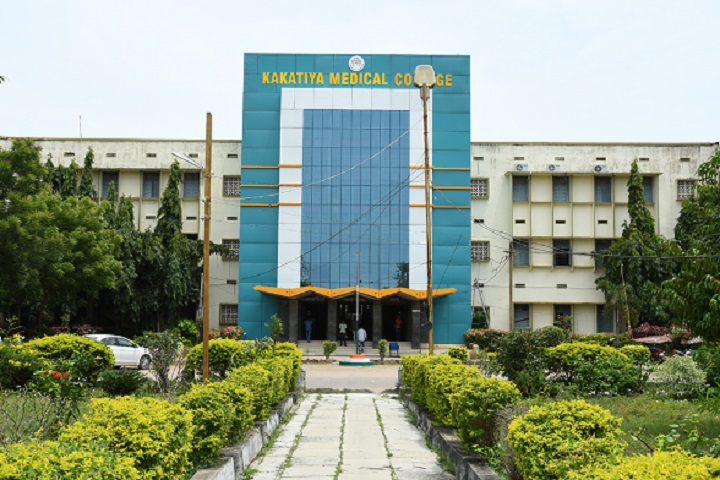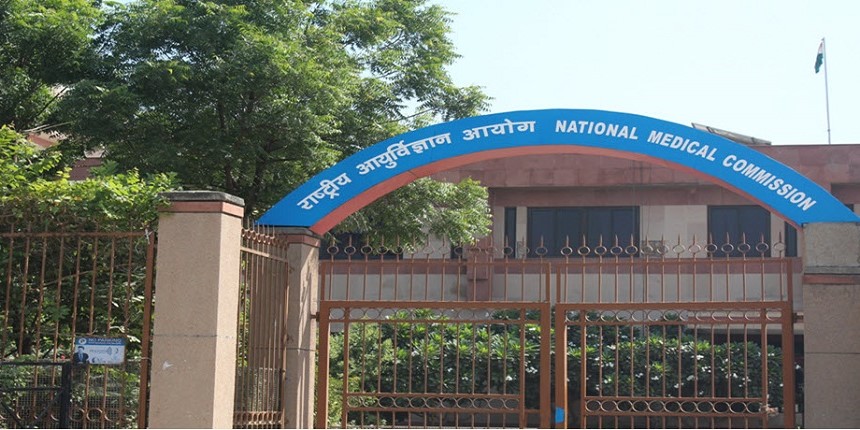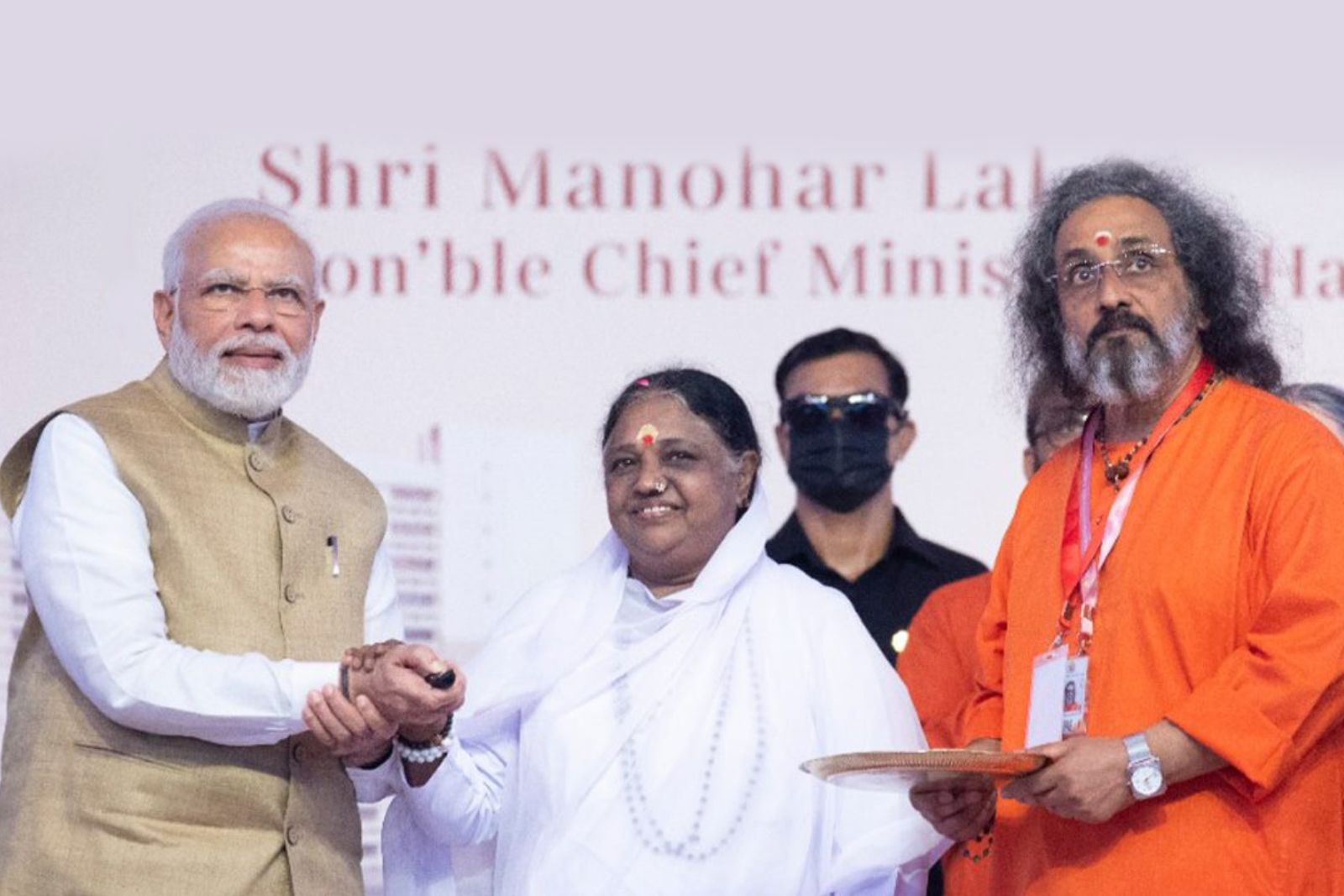Telangana’s achievement in providing the highest number of medical seats for its population is a remarkable feat. The state’s commitment to improving the healthcare infrastructure and addressing the shortage of doctors in the country is commendable. This achievement is a testament to the state’s leadership and their vision for a healthier and more prosperous Telangana.
Telangana, a state in southern India, has achieved a major milestone in the field of medical education. With a population of roughly 3.51 crore, Telangana now has 19 MBBS medical seats for every lakh population, which is the highest in the country. This means that a total of 6690 MBBS seats are available in the state, providing ample opportunities for aspiring medical students.
This achievement is a result of the vision and proactive measures taken by the Chief Minister of Telangana, K. Chandrashekhar Rao.
The state also has the second-highest number of post-graduate medical seats in the country, with a total of 2,544 seats.
Telangana’s achievements are even more significant compared to other states in the country. Karnataka puts him second with 17.91 MBBS seats, followed by Tamil Nadu with 15.35 seats and Gujarat with 10.67 medical seats. Maharashtra has 8.9 MBBS medical facilities, and Andhra Pradesh has 6.60 medical facilities per million people. Uttar Pradesh has a population of 200 million people, but it has only 4.58 MBBS medical facilities per 100,000 people.
Telangana’s high vacancy rate in health care jobs is a testament to the state government’s commitment to providing quality health care to its citizens. This achievement will also help address the shortage of doctors in the country and improve the overall healthcare infrastructure.
State Health Secretary T. Harish Rao expressed pride in his Telangana achievements and commended the Prime Minister’s leadership in the state’s success. “It is thanks to Prime Minister K. Chandrashekhar Rao’s foresight and proactive actions that Telangana is at the forefront with its large number of MBBS seats per million population,” he said.
Moreover, Telangana plans to add a new 1,000-seat MBBS to the state medical college in the 2023-2024 academic year, giving medical aspirants across the state more opportunities to pursue their dream of becoming doctors. Additionally, at least 50 PG Medic slots will be added for super specialists in state medical schools.
The move came after the National Medical Commission (NMC), the country’s regulator of medical education, encouraged state governments to establish more medical colleges. It is expected that this initiative will improve access to medical education even if students do not rank highly in the NEET medical school entrance exams across India.
Telangana has already received the green light from the NMC for 200 future medical colleges in Kumuram, Bheem, Asifabad, and Kamareddy districts. The remaining 800 places will come from upcoming state medical colleges in Rajanna Sircilla, Vikarabad, Kammam, Karimnagar, Jayashankar Bhupalpally, Jangaon, and Nirmal.
This move to increase the number of medical slots is nothing new for Telangana. The state has already added 2,268 seats to its MBBS program for the 2022-23 school year, including 1,200 seats from its eight new state medical schools. This allowed medical aspirants who were unable to secure top knee trunks to secure seats in their state’s MBBS government.
Despite the lack of financial support from the Center, the Telangana State Government has decided to spend anywhere between Rs 500 crore and Rs 510 crore. Health Minister T. Harish Rao said the state government has committed to setting up a state medical college in every district headed by Prime Minister K. Chandrashekhar Rao. The move to increase medical quotas is expected to provide more opportunities for medical students in Telangana to pursue their dreams of becoming doctors. The state government’s pledge to build more medical colleges is a positive step towards providing the people of Telangana with better access to medical education and healthcare.
Telangana government’s efforts leading to more MBBS seats for students from weaker sections
With the Telangana government’s ongoing efforts to increase the number of health facilities in the state, a large number of students from disadvantaged backgrounds and backward communities are pursuing their dreams of becoming doctors. Thanks to measures taken by the government, the 8th, 78th, and 200th local students were assigned medical seats in Telangana for the first time in the country.
Previously, OBC students in the local area struggled to get medical spots in Telangana due to their high scores in medical entrance exams. This year, however, many opportunities have opened up for BC, SC, ST, and BC-B students to obtain medical sheets under the convenor’s quota.
Telangana government initiatives, such as the establishment of eight new medical colleges, securing 85% of B-category medical facilities for local students, and increasing ST student bookings from 6% to 10%, have been very successful. played an important role in the program’s development.
During the last academic year 2021-22, there were 3038 temporary Category A convenor seats available to Telangana students. However, with the establishment of eight new medical colleges, the number of MBBS seats has now increased to 4094 seats in the same category.
The decision to increase ST’s booking rate from 6% to 10% also played a key role in improving MBBS seating. Last year, a student in the ST category had access to 223 medical slots, but this year he has 429 medical slots available.
Last year, students in ranks 1, 46, and 391 in the OBC categories were unable to obtain medical seats. However, this year the pool of medical seats has grown, so the top students with a rank of 2.09.646 have secured MBBS seats.
Female candidates have successfully won the lion’s share and have continued to dominate the field of medicine. 63% of medical institutions this year. Prior to her 2021-22 academic year, a woman won 63.6% of the seats in the convener quota and 55.7% of the seats in the administrative quota.
In summary, the Telangana government’s consistent efforts to increase the number of health facilities in the state have not only provided the highest number of medical seats for its population but also provided opportunities for students from disadvantaged backgrounds and enabled them to pursue their dream of becoming a doctor. Initiatives taken by the government have played an important role in increasing the pool of MBBS places and ensuring that qualified candidates have the opportunity to study medicine.
List of Medical colleges in Telangana with Annual Fee Stucture
| Sr.no |
List of Medical colleges in Telangana |
Fee in INR |
| 1 |
Osmania Medical College, Hyderabad |
60,000 |
| 2 |
Gandhi Medical College, Secunderabad |
7,200 |
| 3 |
ESIC Medical College, Hyderabad |
24,000 |
| 4 |
Government Medical College, Nizamabad |
16,065 |
| 5 |
Government Medical College, Suryapet |
10,000 |
| 6 |
Government Medical College, Nalgonda |
10,000 |
| 7 |
Government Medical College, Mahbubnagar |
45,000 |
| 8 |
Government Medical College, Siddipet |
23,565 |
| 9 |
Rajiv Gandhi Institute of Medical Science, Adilabad |
10,000 |
| 10 |
Government Medical College, Sangareddy |
|
| 11 |
Kakatiya medical college, Warangal |
10,000 |
| 12 |
Government Medical College, Mahabubabad |
|
| 13 |
Government Medical College, Bhadradri Kothagudem |
|
| 14 |
Government Medical College, Nagarkurnool |
|
| 15 |
Government Medical College, Jagtial |
|
| 16 |
Government Medical College, Ramagundam |
|
| 17 |
Government Medical College, WanaParthy |
|
| 18
19 |
Apollo Institute of Medical science and research, Hyderabad |
10,000/- |
| 20 |
Kamineni Academy of Medical ScienceAnd Research Centre, Hyderabad |
60,000/- |
| 21 |
Mamata Academy of Medical Science, Bachupally |
60,000/- |
| 22 |
Malla Reddy Institute of Medical Science, Suraram |
60,000/- |
| 23 |
Kamineni Institute of Medical Science, Narketpally |
60,000 |
| 24 |
SVS Medical College, Mahbubnagar |
60,000/- |
| 25 |
Mamata Medical College, Khammam |
60,000/- |
| 26 |
Chalmeda Anand Rao Institute of Medical Science, Karimnagar |
60,000/- |
| 27 |
Bhaskar Medical College, Moinabad |
60,000/- |
| 28 |
Medicity Institute of Medical Science,Ghanpur |
60,000/- |
| 29 |
Pratima Institute of Medical Science, Karimnagar |
60,000/- |
| 30 |
Malla Reddy Medical College for women, Suraram |
60,000/- |
| 31 |
MNR Medical College and Hospital, Sangareddy |
60,000/- |
| 32 |
RVM Institute of Medical Science and Research Centre, Mullugu |
60,000/- |
| 33 |
Maheshwara Medical College, Medak |
60,000/- |
| 34 |
Pratima relief Institute of Medical Science, Warangal |
60,000/- |
| 35 |
Dr. Pratham Mahendra Reddy Institute of Medical Science, Chevella |
60,000/- |
| 36 |
Institute of Medical Science, Siddipet |
|
| 37 |
Deccan College of Medical Science, Hyderabad |
60,000/- |
| 38 |
Shadan Institute of Medical Science, Ranga Reddy |
60,000/- |
| 39 |
VRK Medical College, Aziz Nagar |
60,000/- |
| 40 |
Ayaan Institute of Medical Science, Ranga Reddy |
60,000/- |
| 41 |
Arundhati Institute of Medical Sciences, Warangal |
|
| 42 |
CRM Institute of Medical Sciences, Warangal |
|
| 43 |
Neelima Institute of Medical Sciences, Midchal |
|
























